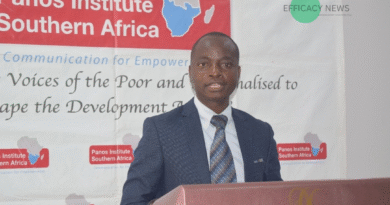Strengthening Zambia’s Health Systems Through Primary Health Care
Primary Health Care (PHC) should not just be considered as a frontline service, but it should be the utmost heartbeat of Zambia’s health system in order to improve health outcomes.
Over the years, PHC has begun proving to be the most cost-effective and inclusive approach to delivering essential health services, especially in rural and hard-to-reach communities.
It has also helped to bring healthcare closer to the people through improved health posts, community outreach at times coupled with preventive care programs.
Zambia’s success in expanding immunization coverage, managing infectious diseases like malaria and HIV/AIDS, and improving maternal and child health outcomes can largely be attributed to PHC. Yet, the full impact of primary healthcare is still constrained by limited investments, inadequate infrastructure and weak health promotion systems.
To truly transform health outcomes, Zambia must scale up investment in PHC. This means more than building facilities, as it requires equipping health centers, recruiting and retaining frontline workers, and investing in health education at community level.
Strengthening health promotion mechanisms will empower people to take charge of their health, prevent disease and reduce dependency on curative services.
The path to Universal Health Coverage and a resilient health system lies in making PHC stronger, smarter and more responsive.
A robust PHC system is not a cost centre to worry about, but it’s an investment in national well-being that could foster sustainable economic productivity.



